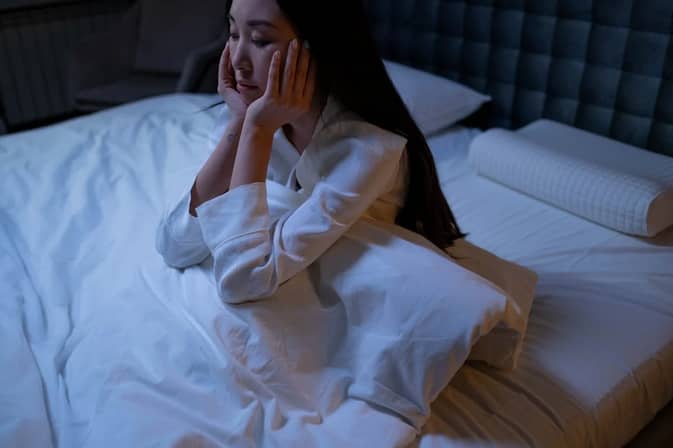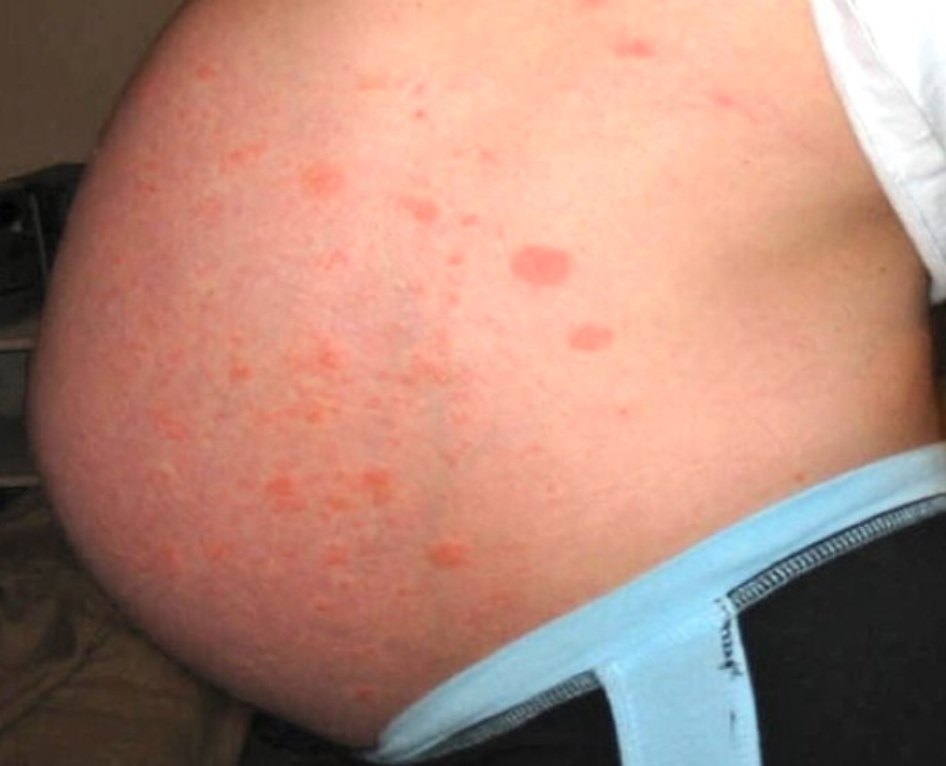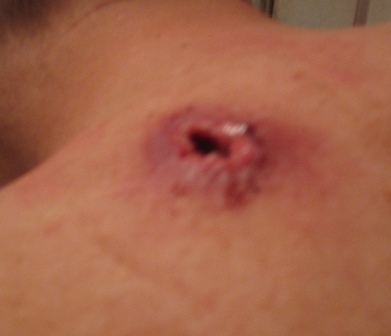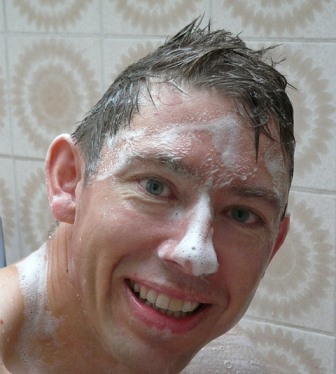Psychological Effects of Bed Bugs: Coping with Stress and Anxiety

Imagine waking up in the middle of the night, feeling an itch that sends shivers down your spine. You check your sheets and find those tiny pests called bed bugs. It’s more than just a nuisance; it’s an invasion on multiple fronts. The emotional toll can be severe, leading to sleepless nights and heightened anxiety.
For many, these unwelcome guests trigger a cascade of psychological effects that extend far beyond the physical bites. Bed bugs may be small, but their impact can loom large over our mental well-being. Regaining peace of mind and finding effective ways to cope with stress in today’s world filled with uncertainties related to infestations are a must.
Sleep Disturbances

Sleep disturbances are one of the most immediate effects bed bugs can have on your life. The mere thought of these critters crawling around can keep you awake, eyes darting at every little movement in your room. Even if you manage to drift off, anxiety often creeps back in. Every itch or tickle feels amplified, making it hard to relax and find true rest.
As nights pass without quality sleep, fatigue sets in, leaving you irritable and unable to concentrate during the day. The cycle becomes vicious; the more anxious you feel about sleeping, the less likely you are to get a good night’s rest. It creates a perfect storm of stress that impacts not just your mental health but also your physical well-being.
Social Stigma
Many people don’t realize the heavy burden of social stigma that comes with a bed bug infestation. The mere mention of these pests can evoke disgust and judgment from others. This reaction makes it difficult for those affected to openly discuss their experiences. Feeling embarrassed or ashamed is common among individuals dealing with an infestation.
They may fear they’ll be viewed as unclean or careless. Such perceptions only deepen the emotional toll on those impacted. Isolation often follows as infected persons might withdraw from social interactions to avoid scrutiny. This behavior can lead to feelings of loneliness and hopelessness, making it harder to seek help.
PTSD in Severe Cases

For some individuals, the trauma of a bed bug infestation can lead to severe psychological consequences. Post-Traumatic Stress Disorder (PTSD) may develop, particularly in those who experience significant distress during their ordeal. The relentless itch and fear of re-infestation create an environment ripe for anxiety.
As nights turn into sleepless hours spent worrying about bites, the mind can spiral into panic. Symptoms might include flashbacks or intrusive thoughts about the bugs invading personal space. Everyday activities become daunting as they trigger memories of that unsettling experience. It’s crucial to recognize these reactions as valid responses to a traumatic event rather than mere overreactions.
Preventing Paranoia: Balancing Caution and Obsession
Living with the fear of bed bugs can easily spiral into obsessive behavior. It’s crucial to find a balance between being cautious and falling into paranoia. Start by establishing a routine for checking your space without becoming overly fixated. Regular inspections keep you informed, allowing you to act swiftly if necessary.
Educate yourself about these pests through reliable sources. Knowledge can empower you, turning anxiety into proactive measures rather than spiraling thoughts. Consider setting boundaries on how much time you’ll dedicate to research or inspection each week. This helps prevent endless cycles of worry.
Coping with the psychological effects of bed bugs can be a challenging journey. Understanding these psychological effects is vital in addressing both emotional well-being and practical solutions when dealing with bed bugs. Taking action doesn’t just mean eradicating pests; it involves tackling feelings head-on for overall recovery and peace of mind.…




 Blackheads are clogged pores that remain open, and whiteheads are formed when the blocked pore closes. Pimples are created when this sebum combines with the bacteria and dead skin cells, causing the pore walls to break and allow this substance to sit right below the surface of the skin.
Blackheads are clogged pores that remain open, and whiteheads are formed when the blocked pore closes. Pimples are created when this sebum combines with the bacteria and dead skin cells, causing the pore walls to break and allow this substance to sit right below the surface of the skin. A scrubbing of any acne infected areas immediately after a workout can help, because the friction with your clothes along with perspiration caused during exercise form the perfect conditions for acne to form. For a bright skin tone and providing a smooth texture to the skin, you need to use a high-quality acne body wash to wash your body with daily.…
A scrubbing of any acne infected areas immediately after a workout can help, because the friction with your clothes along with perspiration caused during exercise form the perfect conditions for acne to form. For a bright skin tone and providing a smooth texture to the skin, you need to use a high-quality acne body wash to wash your body with daily.…